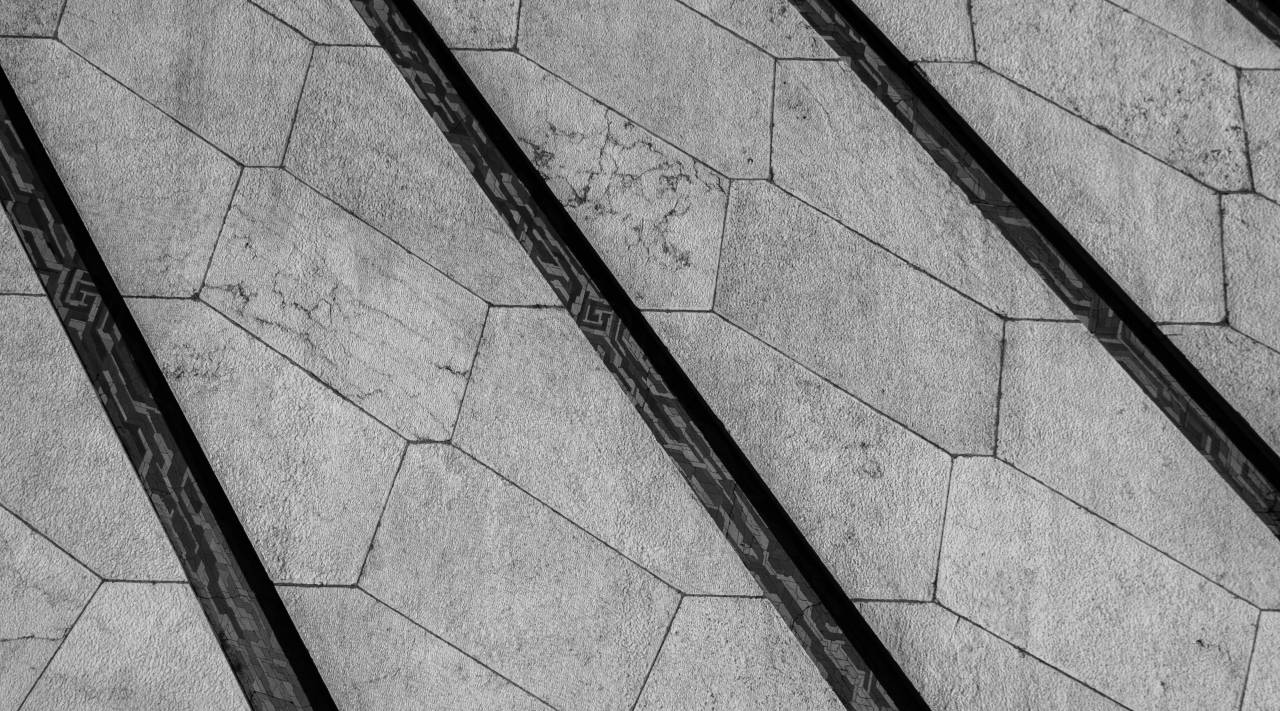
Japan
Capital city — Tokyo
Country population
i2018Incarceration rate (per 100,000 inhabit…
i07/2018/ ICPRType of government
Human Development Index
Homicide rate (per 100,000 inhabitants)
Name of authority in charge of the pris…
Total number of prisoners
Average length of imprisonment (in mont…
i2014/ Center for Prisoners’ Rights and Japanese Federation of Bar Associations (JFBA)Prison density
i31/12/2014/ ICPRTotal number of prison facilities
An NPM has been established
Female prisoners
i31/07/2018/ ICPRIncarcerated minors
i2014/ ICPRPercentage of untried prisoners
Death penalty is abolished
Security, order, and discipline
Security measures
Security functions are fulfilled by
- the penitentiary administration
- private companies
Prisoners are classified according to their supposed level of dangerousness
in some cases
Sentenced prisoners are usually classified, not by security level per say, but by gender, term of imprisonment and inclination toward criminal activities.
Security staff carry
firearms
Although prison officers are allowed to use small arms and light weapons such as handguns, they do not usually carry weapons.
Individual acts of protest are recorded
no
Disciplinary regime
Breaches of discipline are clearly defined in writing
Disciplinary offences are defined in the internal regulations of each prison.
According to prison administrators, prison officers impose a strict, military-like discipline in order to maintain the security, order, and safety of the institution and its inmates.
The prisoners wear uniforms and are prescribed ways to walk, talk, eat, sit and sleep. Any breach of this discipline is subject to punishment.
Punishment takes many forms; the most common is loss of privileges, such as recreation time, access to TV and loss of more sought-after job assignments. More severe punishment involves sitting on one’s knees on the floor, facing a blank wall, for hours, or even days, though prisoners are returned to their cells at night. During this punishment, the sitting position grows painful, and the isolation is difficult. Limited toilet breaks are allowed, and only at the guards’ discretion.
Disciplinary offences are investigated
in some cases
The decisions to impose disciplinary sanctions lack transparency and fairness.
The decision to apply a disciplinary sanction must be subject to an adversarial debate
no
Prisoners are allowed to be assisted by a lawyer
Prisoners may appeal against disciplinary sanctions
Complaint procedures can be hard to follow, especially for foreign inmates, and inmates with mental disability.
Solitary confinement
Solitary confinement can be used as
punishment
Solitary confinement is also used regularly by the prison administration.
The duration for placement in solitary confinement is limited
yes: three months
Solitary confinement can be extended
yes
The three-month maximum period can be extended at the end if each month if deemed necessary. Some prisoners condemned to death are held in solitary confinement for decades, although visits by families, lawyers, and others are allowed.
Visits by families, lawyers, and others are allowed.